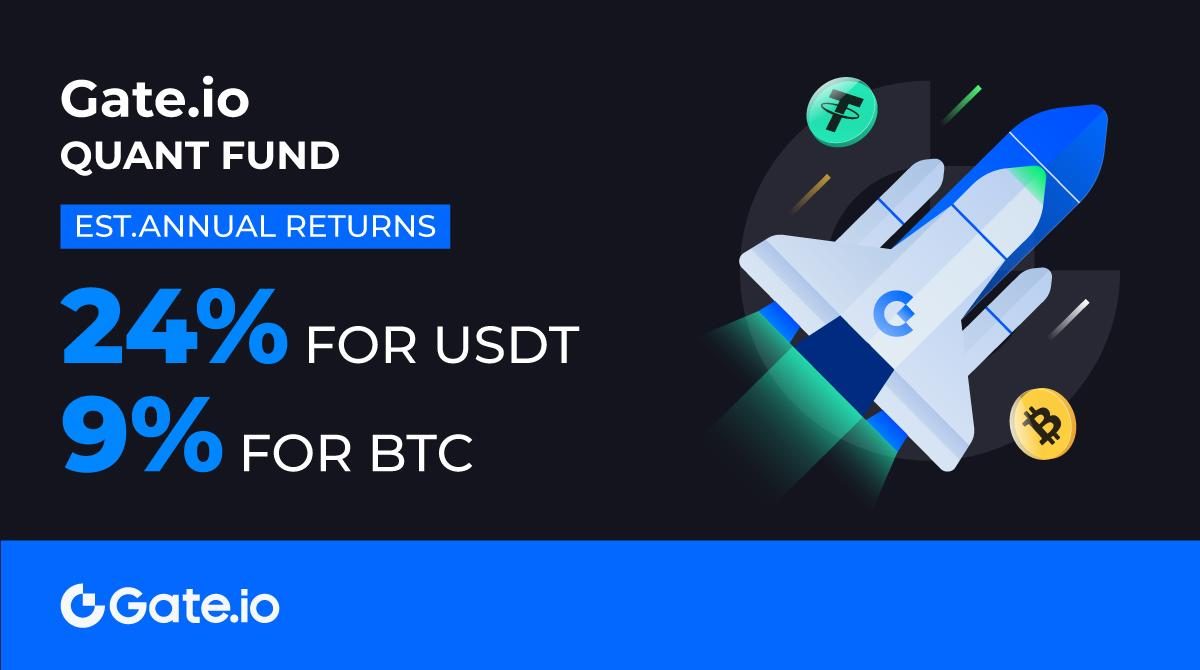Following a study published by the Economic Bureau of Economic Research, El Salvador’s Chivo Wallet was a failure. According to the researchers, despite initial interest, the adoption of the Chivo Wallet is low and concentrated among the already banked, educated young male group. Furthermore, they claim that “almost no downloads” occurred in 2022. As a result, the ‘Bitcoin experiment’ in El Salvador appears to be collapsing.

Bitcoin will become legal tender in El Salvador in September 2021, marking a milestone event in cryptocurrency adoption. The government-backed Chivo Wallet, which permitted quick and easy payments in dollars and Bitcoin, helped in the deployment. In an effort to encourage downloads, every new user will receive $30 in BTC for free.
“The Chivo Interface is designed to be simple and intuitive, giving you the functionality you need for your daily use, for consumption, remittances and personal finances in general.”

El Salvador’s President Bukele took to Twitter one month after its launch to announce that twice as many Salvadorans have a Chivo Wallet as a bank account. Since then, users have reported serious issues, such as identity fraud (to claim the free Bitcoin) and privacy breaches, such as name leaks, caused by bugs.
Researchers have revealed the results of a face-to-face survey of 1,800 households as the country approaches the nine-month mark since the Bitcoin Law was passed. And, for Bitcoin supporters, the findings are disturbing. Researchers found that just over two-thirds (68%) of people surveyed were aware of the existence of the Chivo Wallet.
“The probability of being aware of Chivo is higher for individuals who own a cell phone with internet, and who are banked, educated, young, and male.”
The problem is compounded by Salvadorans’ comparatively low access to phones with an internet connection, which stands at only 65%. In comparison, 85% of US adults will own a smartphone by 2021.

Only half of those who were aware of the Chivo Wallet (and had the resources to download it) did so. The majority of the downloads occurred shortly after the Chivo Wallet was released in September 2021. Respondents who did download the program stated the free $30 worth of Bitcoin on offer was the biggest motivator.
“Moreover, we do not find evidence of Chivo Wallet being used to pay for taxes or to send remittances at a significant scale.”
The researchers concluded that despite BTC’s legal tender status, the leading cryptocurrency is not widely used as a medium of exchange.
DISCLAIMER: The Information on this website is provided as general market commentary and does not constitute investment advice. We encourage you to do your own research before investing.
Join CoinCu Telegram to keep track of news: https://t.me/coincunews
Follow CoinCu Youtube Channel | Follow CoinCu Facebook page
KAZ
CoinCu News



















